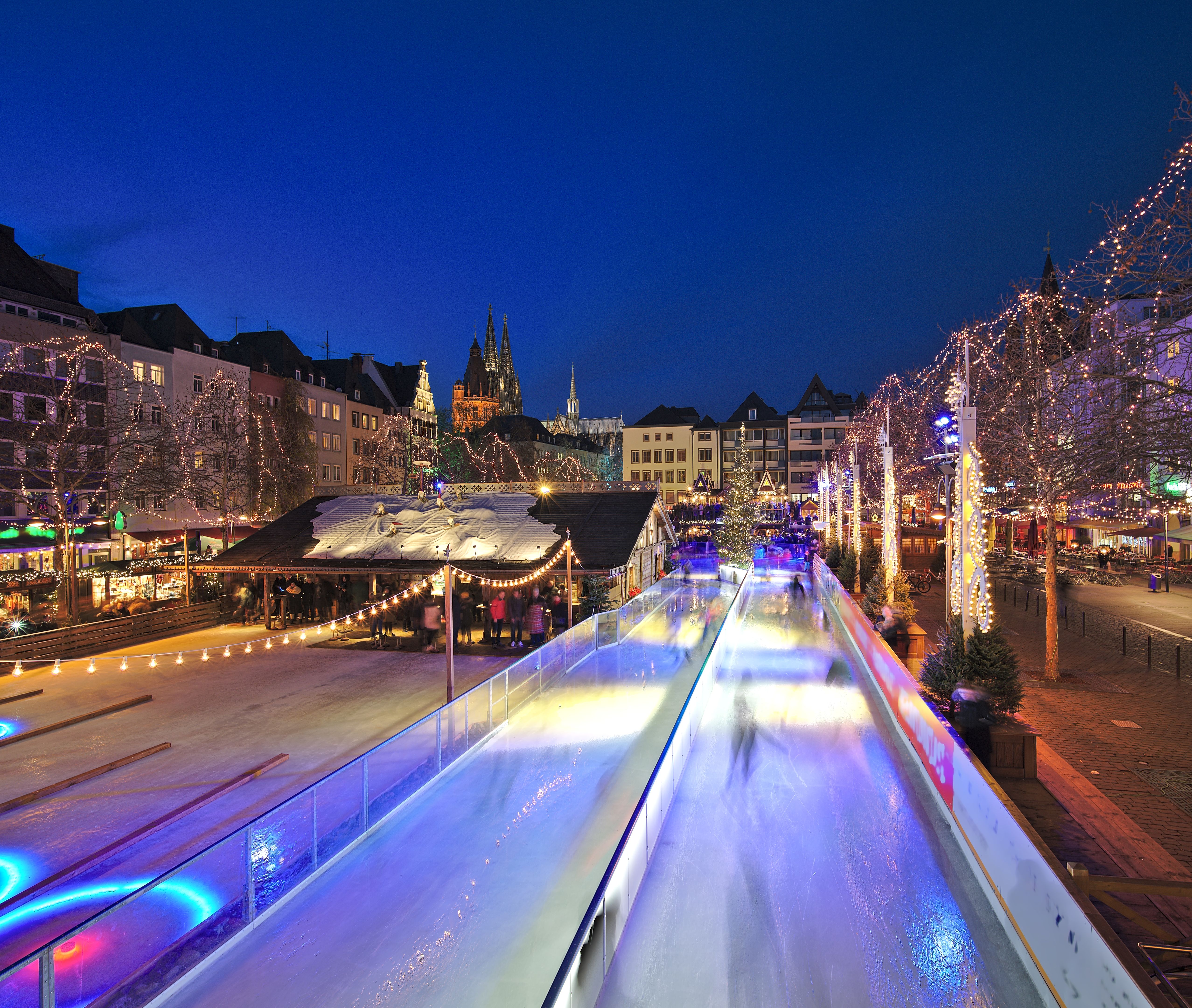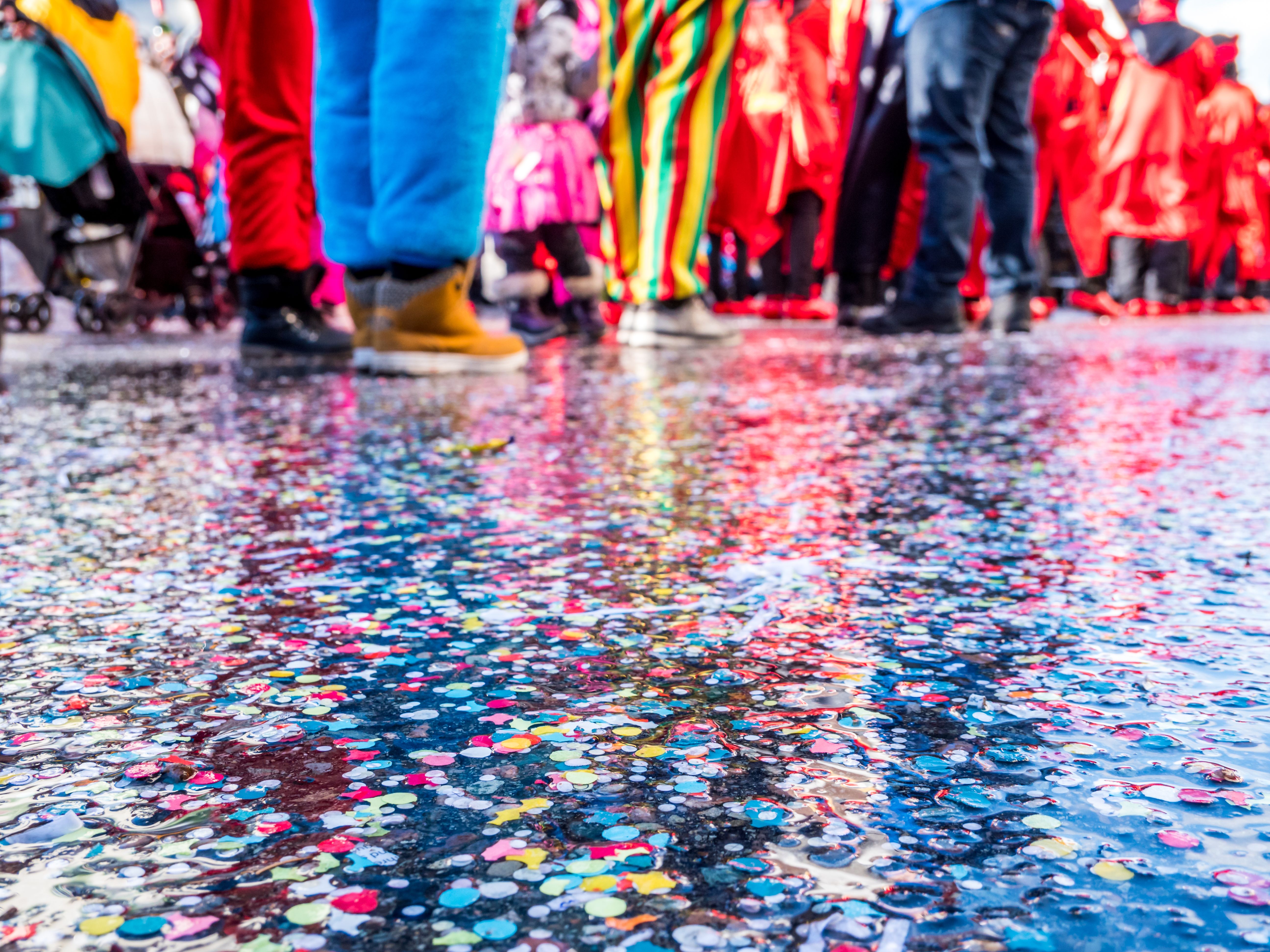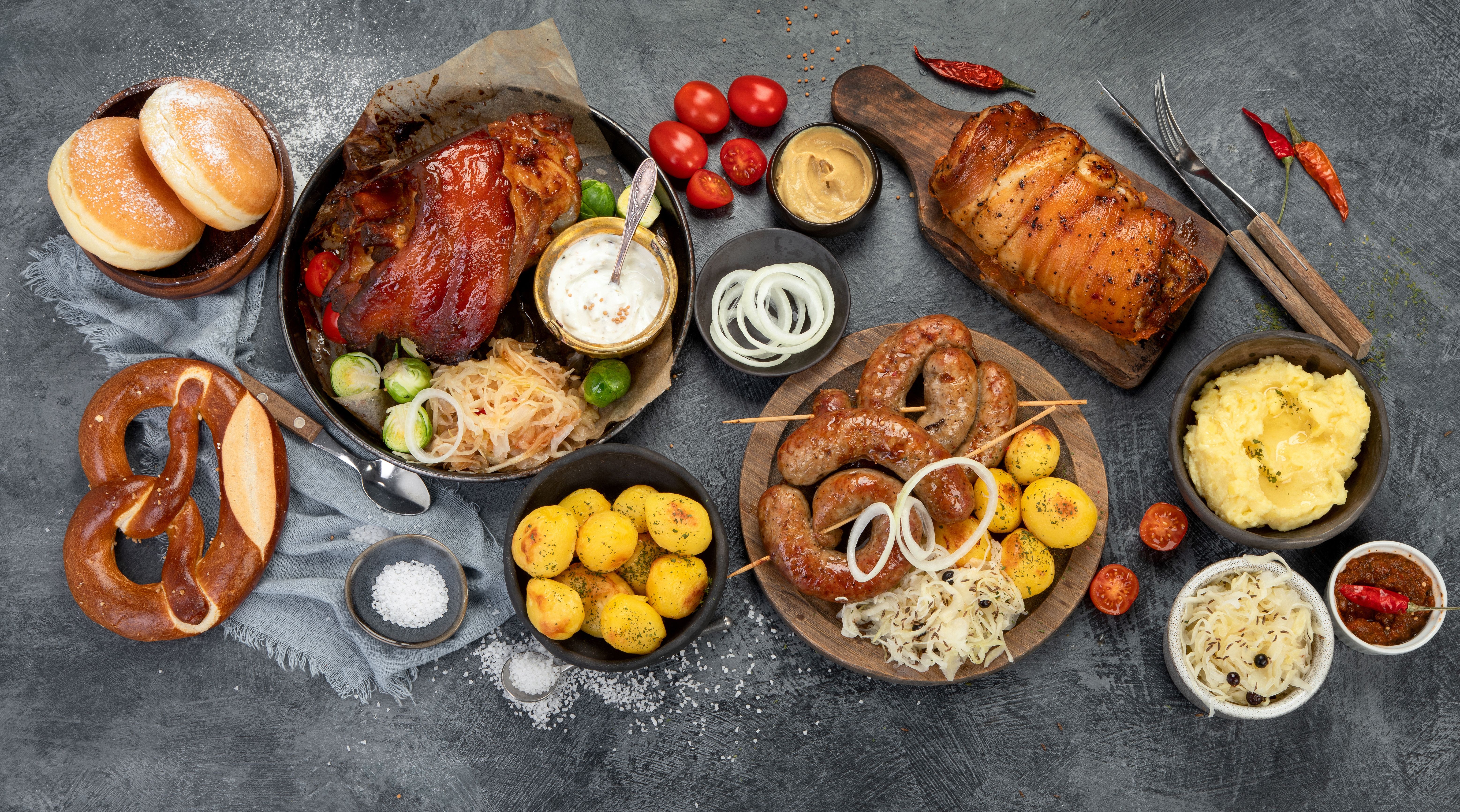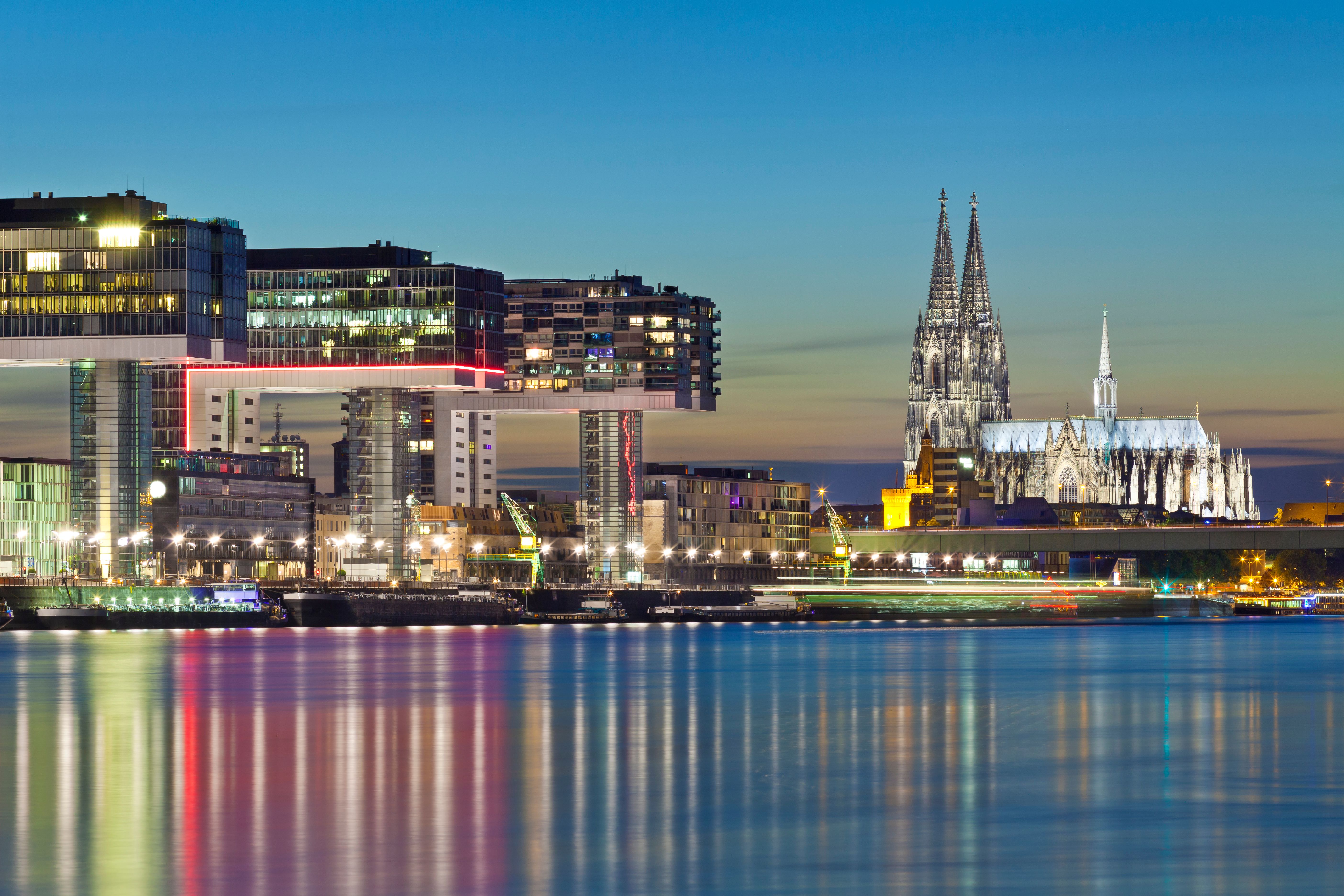Exploring the Rich History and Culture of Cologne
RR
Discovering Cologne's Historical Foundations
Cologne, a city nestled along the Rhine River in Germany, boasts a rich tapestry of history that dates back over 2,000 years. Founded by the Romans in 38 BC, it was originally named Colonia Claudia Ara Agrippinensium. This ancient city has long been a cultural and commercial hub, with its strategic location playing a significant role in its development. Today, visitors can still see remnants of the Roman era, including ancient city walls and the famous Roman-Germanic Museum, which houses a vast collection of artifacts.
One of Cologne's most iconic landmarks is the Cologne Cathedral, a stunning example of Gothic architecture. Construction began in 1248 and was completed in 1880, taking over six centuries to finish. This UNESCO World Heritage Site is the tallest twin-spired church in the world and offers breathtaking views of the city from its south tower.
The Influence of Trade and Commerce
Throughout the Middle Ages, Cologne flourished as an important trade center. As a member of the Hanseatic League, it played a crucial role in the economic network that extended across Northern Europe. The city's proximity to the Rhine made it a bustling port where goods from all over Europe were exchanged.
The impact of this trading legacy can still be observed today in the city's vibrant marketplaces and historic trade routes. The Alter Markt and Heumarkt are two such places where history comes alive through their traditional architecture and lively atmosphere.

A City of Art and Culture
Cologne is not only rich in history but also in art and culture. It is home to numerous museums and galleries that showcase everything from classical art to contemporary works. The Museum Ludwig is renowned for its impressive collection of modern art, including works by Picasso, Warhol, and Lichtenstein.
Cologne also hosts several annual cultural events that attract visitors from around the world. The Cologne Carnival is one of Germany's largest and most famous festivals, known for its vibrant parades, costumes, and lively celebrations. It is a time when the city truly comes alive, reflecting its dynamic cultural spirit.

Exploring the Local Cuisine
No exploration of Cologne would be complete without indulging in its local cuisine. The city offers a variety of traditional dishes that reflect its rich cultural heritage. One must-try dish is Himmel un Ääd, a hearty combination of mashed potatoes and applesauce, often served with black pudding.
Cologne is also famous for its beer culture. Kölsch, a light ale unique to the city, is brewed according to strict local traditions. Visitors can enjoy this refreshing beverage at one of Cologne's many traditional breweries, known as Brauhäuser.

Modern-Day Cologne
Despite its deep historical roots, Cologne is a city that embraces modernity. Its vibrant neighborhoods are filled with trendy boutiques, cafes, and restaurants that offer a taste of contemporary life in Germany. The Rheinauhafen district is a perfect example of this blend of old and new, featuring innovative architecture alongside historic buildings.
The city's commitment to innovation extends to its transport system as well. With an extensive network of trams, buses, and trains, getting around Cologne is both convenient and environmentally friendly.

A Welcoming Community
Cologne is known for its warm and welcoming community. The locals, or Kölners, are proud of their city's heritage and are eager to share it with visitors. Whether you're exploring the historic streets or attending one of the many cultural events, you're sure to feel at home in this vibrant city.
With its rich history, diverse culture, and friendly atmosphere, Cologne offers an unforgettable experience for travelers looking to explore the heart of Europe. From ancient Roman ruins to modern art galleries, there is something for everyone in this remarkable city.